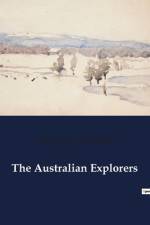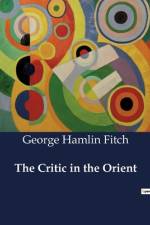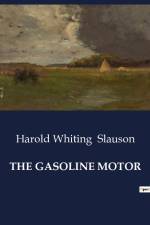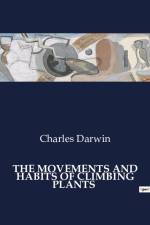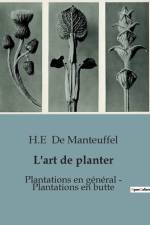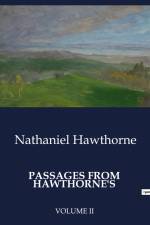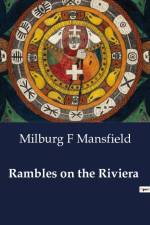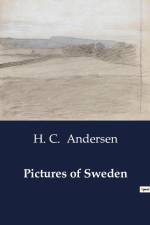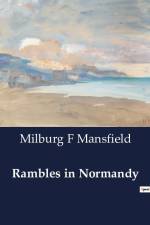av H. C. Andersen
267
It is a delightful spring: the birds warble, but you do not understand their song? Well, hear it in a free translation."Get on my back," says the stork, our green island's sacred bird, "and I will carry thee over the Sound. Sweden also has fresh and fragrant beech woods, green meadows and corn-fields. In Scania, with the flowering apple-trees behind the peasant's house, you will think that you are still in Denmark.""Fly with me," says the swallow; "I fly over Holland's mountain ridge, where the beech-trees cease to grow; I fly further towards the north than the stork. You shall see the vegetable mould pass over into rocky ground; see snug, neat towns, old churches and mansions, where all is good and comfortable, where the family stand in a circle around the table and say grace at meals, where the least of the children says a prayer, and, morning and evening, sings a psalm. I have heard it, I have seen it, when little, from my nest under the eaves.""Come with me! come with me!" screams the restless sea-gull, and flies in an expecting circle. "Come with me to the Skjärgaards, where rocky isles by thousands, with fir and pine, lie like flower-beds along the coast; where the fishermen draw the well-filled nets!""Rest thee between our extended wings," sing the wild swans. "Let us bear thee up to the great lakes, the perpetually roaring elvs (rivers), that rush on with arrowy swiftness; where the oak forest has long ceased, and the birch-tree becomes stunted. Rest thee between our extended wings: we fly up to Sulitelma, the island's eye, as the mountain is called; we fly from the vernal green valley, up over the snow-drifts, to the mountain's top, whence thou canst see the North Sea, on yonder side of Norway.


